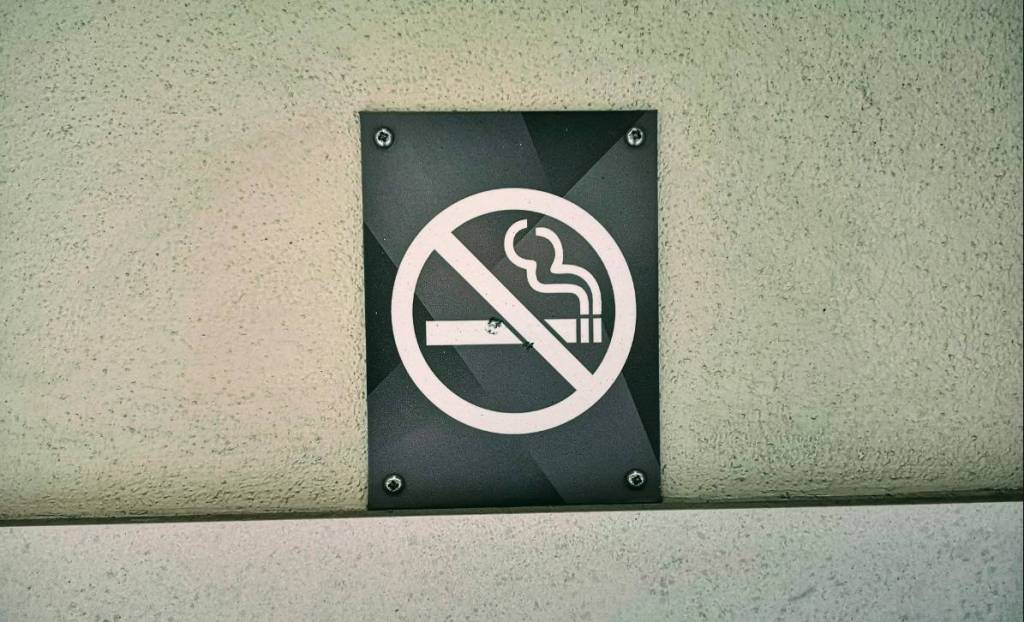Search engines are doing an ever better job of customizing search results based on the prior behavior and preferences of the user. So, if you like YouTube and you rarely have clicked through onto MySpace, then the MySpace presence of people and things will simply not exist for you. That is, MySpace results for the term or name you’re searching for won’t appear on the first several pages of the search engine’s choices for you. And, we know if something is not in the first one or two pages of your search, it doesn’t exist because we don’t care after page two.
This is how reputation companies make their money – put up so much new content that the worst about you falls to page ten (purgatory).
The scope gets narrow
Now this isn’t a calamity unless you think looking at a narrower and narrower range of news sources isn’t a problem. Do you like Rush Limbaugh? That’s what you’re going to get more of. As the search engines learn your leanings, it will serve up more and more sites from sites like Fox News rather than present you with choices from MSNBC or CSPAN.
It seems the search engines are unwittingly reinforcing your ideology in their pursuit of pleasing you, which may be comforting but certainly not edifying. Does this worry you?
It worries me because I am an educator as well as a coach, and neither job is about my telling you what you already know. I am in the business of creating a wide-angle lens for my clients, students and myself. The last thing I want to know is more of what I already know. How about you? Are you in the business of telling anyone what they already know? Not if you’re paid to think or contribute to a growing organization, or if you seek greater authority and responsibility.
Focusing on the same; loss of exposure of opposition
Consider how the phenomenal loss of exposure to opposing opinions will affect your critical thinking and value as an employee (and citizen). Consider what the over-customization of sources will do to your ability to quickly access a variety of sources, including new and unfamiliar ones. Remember that the ability to gather and analyze information is at least one-half of the success equation in almost any professional occupation.
I live in Los Angeles, but I take the New York Times for precisely this reason, and its review of The Filter Bubble: What the Internet Is Hiding From You by Eli Pariser is exactly why I read what I shouldn’t bother reading.
Think about what this means to new media ventures. It will become nearly impossible for new news and entertainment sites to get a toehold because old media is the only media with viewing history. Think about what this means to new blogs and video sites – will it be you who’s effectively shut out? These are all places where you might get your first writing gigs, first job, and first mentions as you fight for visibility among the good old boys and girls in your field.
If my alarm that “your career’s at stake because you’re in an echo chamber” or “new media doesn’t have a chance” isn’t enough to unsettle you, then consider this solely from sales and marketing point of view. When your target audience hasn’t been reading the media where you are posting, being quoted or getting covered, they won’t be presented with you when they search on keywords that fit you. Their old media choices will continue to dominate their searches on keywords where you would like to exist – and where you exist in other media – but you are shut out by virtue of their old habits.
Personal brands: your work just got a lot harder. Over-customization means you have to make sure you are everywhere your target market could possibly find you. If you aren’t in the places where your audience has been before, you’ve got to get there now. Otherwise, you will not exist by default.
Make news. Get it out on the wires. Don’t ignore the grey ladies of any industry.
Read news. Get out past your comfort zone. Don’t ignore the people and sources you hate.
Go where you’ve never been before. Repeat regularly.












